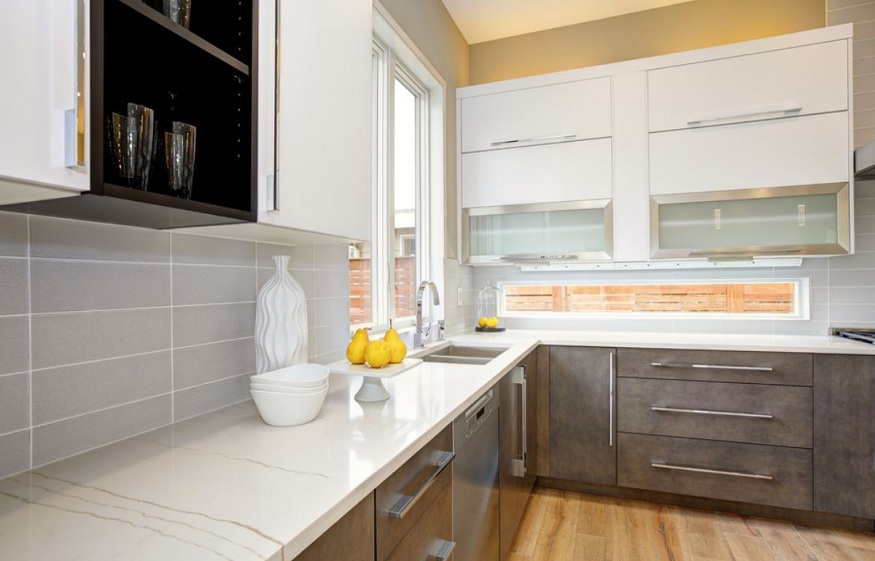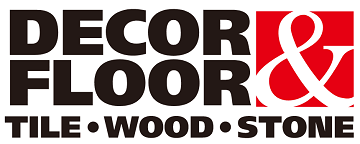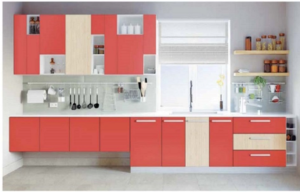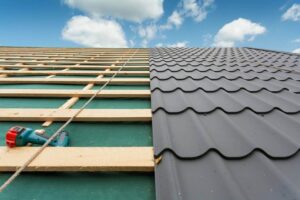Choosing The Best Quartz Slab For Your Needs: Every Necessary Detail
5 min read
Color, slab thickness, edge profile, and so on are all crucial when selecting countertops for a kitchen or bathroom remodel, but nothing matters more than the overall slab quality. Choosing a low-quality slab is a risky move that could cost you more in the long run than you saved on the first purchase.
If you choose a low-quality slab, you may spend years staring glumly at your kitchen counters, wishing you had spent the few extra hundreds on something more durable. Below, we’ll go over the primary criteria that both laypeople and experts use to evaluate a slab’s quality, as well as some tips for avoiding common pitfalls.
1. Image of a quartz slab cut in half –
Solid-body color is characteristic of high-quality quartz slab white. The meaning of skin tone. The veins, patterns, and decorations you observe at the surface of the slab should continue to the back.
2. A waterfall edge with an exposed back will seem very different from a polished surface.
Sadly, this is a typical problem that many homeowners ignore until it’s too late. Check out the perimeter of the sample or slab of counter you’re considering. Be wary if the hue weakens or disappears around two-thirds of the way to the edge.
3. Maintaining uniformity is of paramount importance during the aggregate settlement process –
An excellent quartz countertop should have a through-body aggregate, much the through-body color. When viewed from the edge of your countertop, the aggregate should be distributed uniformly.
The term “aggregate” is used to describe the larger pieces or stones that make up your countertop. Depending on the style, snow white quartz slab can range from having very fine aggregate to having larger, chunkier material. The aggregate, whatever its size or pattern, should be uniform throughout the whole slab.
Not only is an uneven slab unattractive to the eye, but it also increases the slab’s susceptibility to cracking due to inconsistencies in the aggregate’s weight and density.
4. Binder for kitchen countertops made of premium resin –
One of the most crucial, yet difficult-to-determine, aspects of quartz counter production is the quality of resin utilized in the manufacturing process. Resin is what keeps the countertop slab from cracking. There are serious health risks associated with using resins that don’t perform well. Reputable resins, those that have earned quality certification, can persist for decades.
It is impossible to tell from a slab or sample whether high- or low-quality resin was used; however, a seasoned fabricator will recognize the difference. No-brand foreign slabs offered with warranties are typically made with low-cost resins that might make manufacturing more difficult and cause bleached or burned edges during polishing.
Because of the increased difficulty in fabrication and the unknown chemicals released into the air during fabrication, reputable countertop fabricators avoid using countertop slabs made with low-quality resins.
5. Uniform gloss: always polished counters –
Surface polish uniformity is another important indicator of a high-quality tabletop. If you look down at your new countertops from eye level, they should sparkle evenly and smoothly all the way across. A good quartz countertop, regardless of the finishing method used (polishing, honing, brushing, etc.), will have a uniform sheen (or lack thereof, in the case of honed counters) over the entire surface.
As a result of employing lower-quality resins and polishing pads that are worn out before they should be, low-quality quartz countertops will have a patchier sheen. Polishing a surface is an art form in and of itself, and mistakes in the final sheen are not readily corrected. Before shipping, makers of high-quality slabs check their shine with a gloss meter that measures glossiness within a micron.
6. You are covered by a limited warranty on your countertops –
It’s easy to get flustered by all the options and considerations, but there’s one thing that will guarantee that you’re getting a high-quality Quantra Quartz countertop: the warranty offered by the manufacturer. You should go for a brand that comes with not only a warranty from the fabricator covering installation difficulties but also a warranty from the manufacturer of the slab (for more information on what a manufacturer’s warranty covers, click here). Why take a chance with your money if the manufacturer isn’t ready to guarantee that their product is free from manufacturing defects?
7. White granite countertops are very fashionable
What other color, besides white, is chicer? There are innumerable various tones of white within that category, so you can find something that works for you even if you’re not a fan of pure white. Furthermore, there is a wide variety of designs to choose from, so you may be able to locate a white granite slab that looks just like expensive white marble but requires less upkeep and costs less to maintain.
To put it another way, white granite countertops “go” with a wide variety of other colors and materials.
Since white complements so many hues, you can switch up the rest of your decor several times before you need to replace your countertop. Kitchens of any size can benefit from whites’ ability to reflect light and open up a space. This is especially true of more modern designs that incorporate classic elements.
8. White granite counters require little upkeep –
Since granite is a porous stone, it must be sealed once a year, but aside from that, routine cleaning is all that is required. The only upkeep required is a quick buffing after cleaning to restore the shine and prolong the appearance of newness.
9. It’s not hard to maintain a white granite countertop –
If you don’t use any abrasive cleaning materials or chemicals (bleach or ammonia) on your white granite counter, keeping it looking like new should be a breeze. For cleaning, you need nothing more than some gentle soap, some warm water, and a soft cloth.
Conclusion –
Since granite is the hardest material on the market, your countertop will last for decades and can withstand significant amounts of force before showing any signs of wear.







